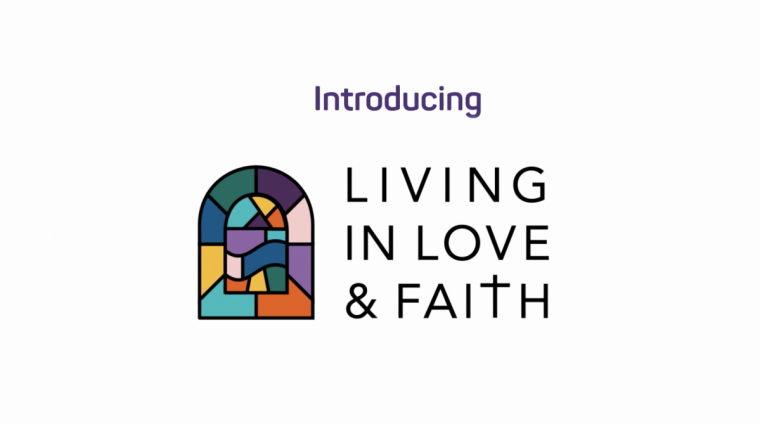First impressions of the Church of England's Living in Love and Faith are very disappointing

At the time of writing, the Church of England's new Living in Love and Faith (LLF) resources have been in the public domain for only a few hours, so this is of necessity very much an initial impression.
The introductory video is, I regret to say, very disappointing. First impressions are powerful, and it opens with sympathetic cameos of a transgender priest, a conventional married couple, and a gay man (apparently not celibate, or in this context he would surely have mentioned the fact) extolling his 'brilliant church' where he can be open about his sexuality. While the intention may have been simply to illustrate the diversity of people who currently exist within the Church, these depictions risk legitimising departures from traditional teaching at the outset.
Meanwhile, the traditional couple in the opener say 'Marriage to us means just a deep sense of commitment'—a weak and inaccurate articulation of the Christian understanding of matrimony. Notably absent is any clear explanation of what the Church teaches about sex and marriage, or any contribution from a same-sex attracted person living by that teaching.
The overall trajectory of the opening sequence might almost have been designed to lead the viewer to think: 'There exist in the Church people who are gay or transgender; so why can't they enjoy the same committed, loving, married relationship as that other nice young couple?'
Later in the video, the Archbishop of York talks about 'Welcoming people as they are'—as indeed the Church must; but this is followed by no suggestion that the Gospel changes us, or that human sexuality (of all varieties) might be beset by original sin. One evangelical clergyman commented that he would do everything in his power to make sure his congregation did not see the introduction at all.
It may be a mere two minutes long, and sit within an extensive library of resources; but it is the first (and in some cases perhaps only) thing most people will see, so it deserves a significant amount of attention. If orthodox Christians are not to be deterred from engaging with the entire project, the introduction stands in urgent need of being significantly revised, or else withdrawn altogether. In fact, it seems likely the one-sidedness of the introductory video is largely inadvertent, since it is not representative of the breadth of the project's resources, which seek to embody a range of perspectives.
At the outset of the LLF project, the proposed end product was described as a 'teaching document'; but what has emerged contains as many questions as answers. It is clear that a great deal of thought, work and prayer has gone into producing the materials, and there is much in it about which to be positive. Chapter 3 of LLF book, for example, spells out the Church's doctrine of marriage and its foundations in a clear and sympathetic manner; and in Chapter 4 (on page 49) the following paragraph appears:
"Stories are powerful and memorable. Our purpose, however, is not to use them as a basis for validating a particular way of life. They are not by themselves the means by which the church will arrive at a Christian ethic of sexuality or of gender identity. Rather they are testimonies of how people have understood their lives in relation to God – understandings that have been honed in the course of a life, but which are, of course, always incomplete and in need of fuller truth. We are invited to attend to them seriously and to allow the Holy Spirit to question our assumptions and raise possibilities for what faithfulness can look like: possibilities that we will need to reflect on and test in our hearts and minds."
Even so, we cannot be naïve about the potential of personal stories to influence opinion (and there are some excellent contributions from members of the group 'Living Out').
In the end, orthodox Christians need to beware of any blurring of the line between the descriptive and the prescriptive. We can accept that there exists within the Church a variety of views on issues around sexuality and marriage (often emerging from deeply felt personal experience); and we can offer a sincere welcome to those coming from different places, without ultimately conceding that all such views are equally consonant with Scripture or the received tradition of the Church, within whose confines our canons commit our clergy to teach.
Prudence Dailey is a lay member of the Church of England General Synod.











